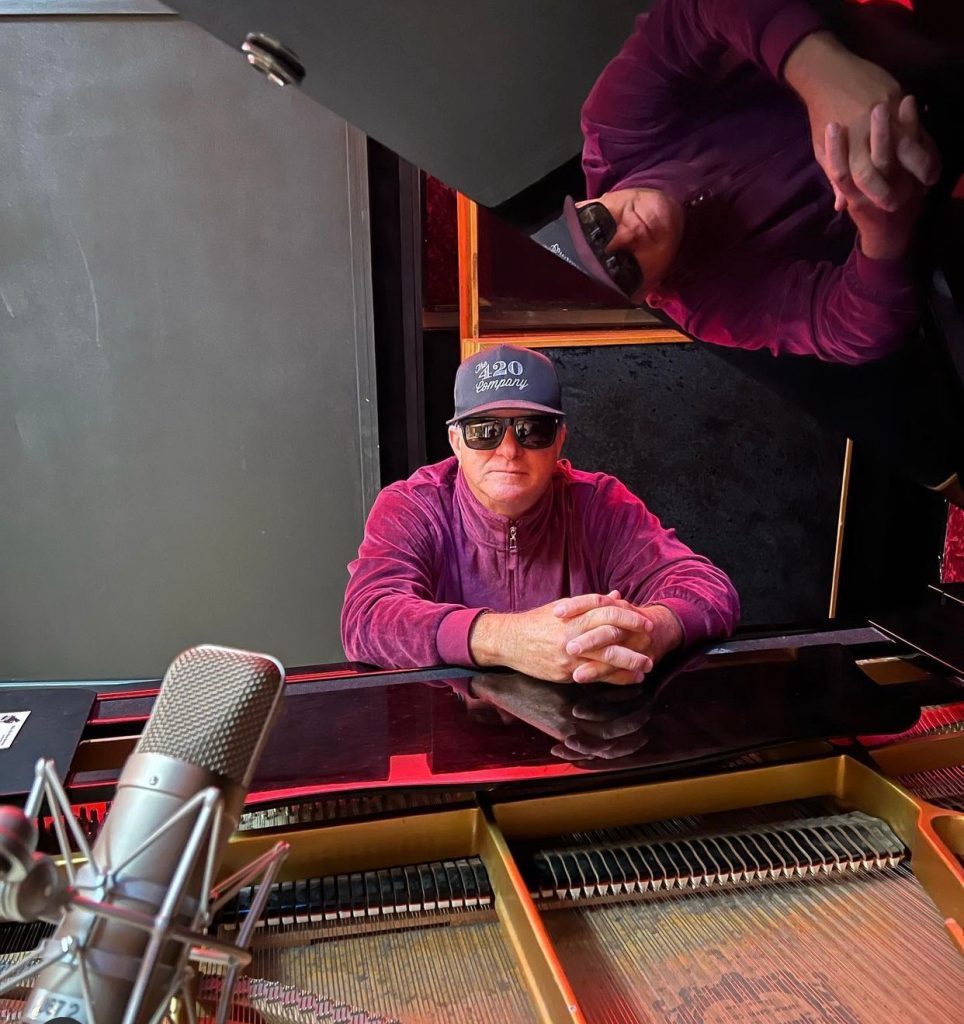Non-fungible tokens are a hot topic in the world of art. Many are making digital art collections on the blockchain and selling them for millions of dollars. But what do NFTs mean for indie musicians? How can they use these new technologies to profit from their work?
One artist who has developed his music and NFT artworks is Ronnie King, who hit #1 on the Billboard Chart 2019 Mass Manipulation /SteelPulse ranking. The multi-talented artist has grown his music and love for NFTs by combining both entities to birth a production that no one has seen before. Ronnie and his company, Ronnie King Group, are currently working on an album, Naughty Don, which he will follow up with the release of some NFTs in the series.
The Basics of NFTs
Non-fungible tokens are digital assets. They can be anything from a virtual asset, like a token in a video game, to a piece of digital art. They are unique and cannot be duplicated. NFTs are assigned to a specific person. When someone owns an NFT, they can trade it, use it, or even destroy it. Because NFTs are digital, they can be stored in a computer or on a blockchain. NFTs are useful because they are unique and cannot be duplicated.
NFTs are very important. They are like digital certificates. NFTs prove that something is real and not fake. They prove that something is unique and that it belongs to you. NFTs are for any digital thing. They can be for songs, pictures, videos, or even tweets. NFTs are important for the future of the internet.
The NFT Marketplace
In March of 2021, artists sold more than $250 million worth of artwork as NFTs on OpenSea and other platforms. As you can see, artists have a huge potential to make money selling NFTs.
Indie Musicians
This opens up a world of possibilities for indie musicians. While it’s certainly possible to make money in the music industry, it’s gotten harder and harder for indie musicians to do so in recent years.
The internet makes it easier to reach audiences worldwide, allowing major streaming services to control how people listen to music and who gets paid. There has been a shift away from record sales to streaming revenues, which have proven difficult for independent artists to generate at scale.
NFTs have several benefits for musicians and fans, some of which exist outside monetary value.
How musicians can use NFTs
Some musicians sell their work as NFTs, giving them more control over their work and getting paid directly by their fans without any transaction fees or middlemen.
The success stories of some artists selling items as NFTs have been very encouraging, showing that this is just the beginning of a revolution in the music industry.
Musicians have started using NFTs in different ways. Some have created merchandise such as autographed art pieces or limited-edition recordings that are only available with an NFT. Others have used it to sell customized artwork with songs attached, while others have sold concert tickets and front row seats as NFTs.

As stated by popular artist Ronnie King, who’s well known for his massive NFT and music collaboration:
“I will always advise you to do your research on many NFT companies before choosing one. It is always great to understand the NFT projects and the concept behind the company. After doing this, your NFTs must be unique and appeal to your audience, especially if you are serious about combining your NFTs and music. Most importantly, ensure that your NFTs are not overpriced so that it will allow the price to grow organically.”
NFTs can help artists take back control over their work
The industry has a long history of artists being taken advantage of by record labels and agents. Others often get rich from music sales while the people who create it struggle to make ends meet. NFTs could change that.
NFTs offer a new revenue stream for composers and performing artists
Musicians’ albums, songs, performances, and other works often sell for profit without the artists ever seeing a dime in royalties. NFTs represent an entirely new way for artists to monetize their work without intermediaries or dealing with traditional publishers.
NFTs offer transparency for buyers, sellers, and artists
Traditional music sales can be complex, with contracts that are difficult to understand and payment systems that are opaque and easy to manipulate.
NFTs offer a solution: A transparent system where everyone involved can see what’s happening. The blockchain technology used in NFT transactions makes it impossible to falsify information or misrepresent goods or services.
NFTs empower fans to support their favorite artists directly
The decentralized nature of NFTs is also useful for establishing direct fan-to-artist relationships. Fans can now support their favorite artists directly without going through any third party or labels. By bypassing these middlemen, musicians get to keep more of their profits.
Potential for Music Sales
Mainstream artists like Kings of Leon and Grimes have already used NFTs to sell music-related collectibles. Unlike with traditional music sales, there’s no limit on how much you can earn from each sale, so the potential is huge.
How NFTs Can be a Game Changer for Indie Musicians
The recent announcement that K-Pop superstars BTS are collaborating with South Korean fashion brand 8Seconds to release an NFT collection is the latest indicator that non-fungible tokens (NFTs) are here to stay.
An NFT is a digital asset that can be used to buy things. A famous singer named Grimes sold a collection of NFTs for $6 million, and another singer named Kings of Leon sold a collection of NFTs for $2 million.
But the use of NFTs is not just for pop music and fashion. This new technology can completely change how indie musicians market themselves and their music.
The NFT market is growing. NFTs are being used to sell music. The music is created on computers. Artists are using NFTs to make their music. NFTs are getting more popular every year.
Sometimes artists get paid for their work. Sometimes they don’t. With NFTs, artists can get paid for their work even if it’s shared or used by someone else.
The future of NFTs in the music industry looks bright!


